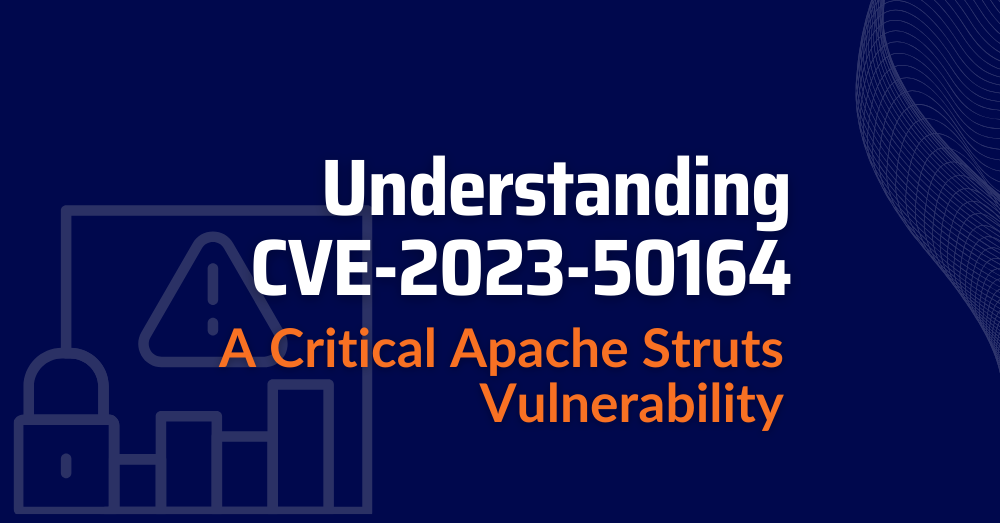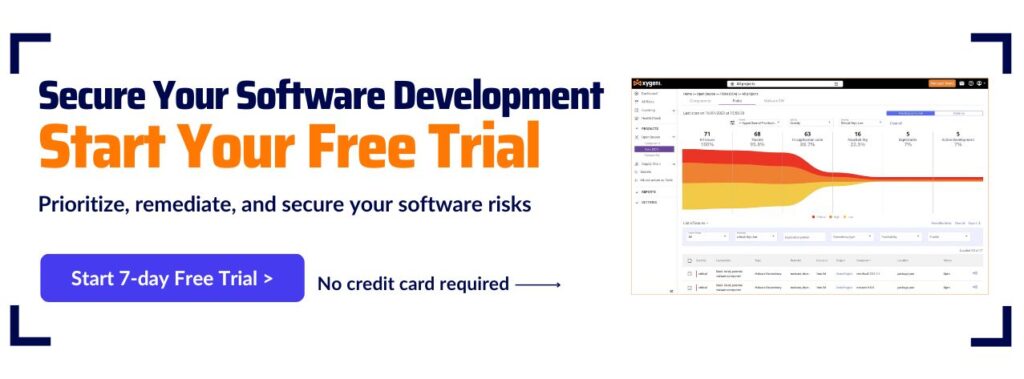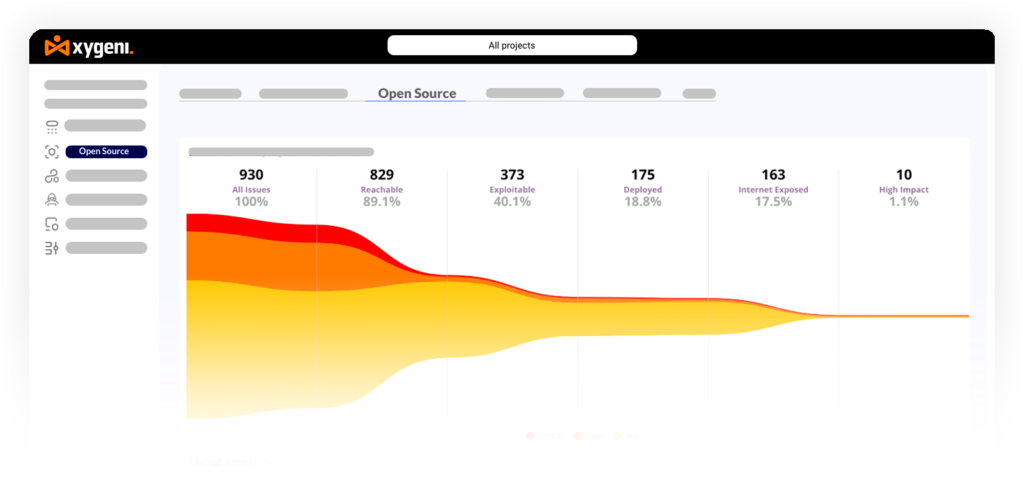CVE-2023-50164 raised significant security concerns within the cybersecurity community in 2023. This critical flaw (which was published on December 7th, 2023) in Apache Struts 2, a widely used open-source framework for web apps, had the potential to be exploited by malicious actors, leading to remote code execution (RCE) and severe system compromise.
Organizations that relied on Apache Struts had to assess their exposure to CVE-2023-50164 exploit risks and implement mitigation measures to prevent potential breaches. While patches are available, organizations that have not yet addressed this vulnerability should act immediately. In this post, we are going to explore the details of the CVE-2023-50164 exploit, its impact, actionable security recommendations, and much more. Keep reading!
What is CVE-2023-50164?
CVE-2023-50164 is an identified critical vulnerability found in Apache Struts 2, and it affected versions 2.0.0 through 2.5.32 and 6.0.0 through 6.3.0. The vulnerability happened due to inadequate input validation in the file upload mechanism, thing which enabled attackers to bypass security controls and execute arbitrary code on the targeted system.
This vulnerability was classified as an RCE risk, making it particularly dangerous for organizations relying on Apache Struts for their web apps. Successful exploitation of CVE-2023-50164 allowed malicious actors to gain unauthorized access, execute malicious payloads, and potentially escalate privileges within the compromised environment.
But How Did Work?
Technical Breakdown of the Exploit
The vulnerability was caused due to inadequate security measures in the file upload functionality. Attackers were able to exploit this flaw by crafting malicious HTTP requests that bypassed upload restrictions and injected arbitrary code into the system.
Attack Vector and Exploitation of CVE-2023-50164
The CVE-2023-50164 exploit happened in the following way:
1️⃣ Crafted Malicious File Upload: The attacker submitted a specially designed file that circumvented security filters
2️⃣ Execution of Arbitrary Code: The uploaded file was processed within the application, allowing the execution of unauthorized scripts or commands
3️⃣ System Compromise: Once executed, the attacker was able to manipulate the app, exfiltrate sensitive data, or deploy further exploits to escalate privileges
Successful exploitation could lead to a complete system takeover, data theft, or further malware deployment.
Impacted Versions & Affected Systems
Apache Struts versions affected by CVE-2023-50164 included:
- Struts 2.0.0 to 2.5.32
- Struts 6.0.0 to 6.3.0
Any applications relying on these versions without implementing mitigations were at risk. Organizations using Apache Struts should have assessed their exposure and applied security patches. Those that haven’t patched yet must act immediately.
Detection & Indicators of Compromise (IoCs)
Security teams needed to monitor the following indicators to detect potential CVE-2023-50164 exploit attempts:
🔹 Unusual file uploads with executable scripts in directories that typically store non-executable files
🔹 Unexpected process executions linked to uploaded files
🔹 Anomalous HTTP requests targeting file upload endpoints with suspicious payloads
🔹 Unauthorized changes to web application files or configurations
Proactive monitoring of server logs, file integrity, and endpoint activities remains crucial in detecting and preventing CVE-2023-50164 exploit attempts.
Some Possible Mitigation Strategies
Organizations that have not yet mitigated CVE-2023-50164 should take the following steps immediately:
1. Apply Security Patches
– The Apache Software Foundation released patched versions addressing CVE-2023-50164.
– Organizations should upgrade to Struts 2.5.33 or 6.3.0.2 immediately.
2. Restrict File Upload Permissions
– Limit file types and sizes that can be uploaded.
– Enforce strict access controls for file storage locations.
3. Implement Web Application Firewalls (WAFs)
– Configure WAF rules to detect and block malicious HTTP requests attempting to exploit CVE-2023-50164.
4. Monitor Application Behavior
– Deploy behavioral anomaly detection systems to identify and mitigate suspicious activities associated with CVE-2023-50164 exploits.
5. Enforce Secure Coding Practices
– Developers should integrate secure input validation techniques to prevent unauthorized file uploads and mitigate RCE risks.
Watch our Non-Gated SafeDev Talk Episode Open-Source Security and get expert advice and actionable takeaways!
Real-World Exploitations & Threat Landscape
Following the disclosure of CVE-2023-50164, cybersecurity reports highlighted active scanning and exploitation attempts targeting unpatched Apache Struts instances.
Threat actors were observed:
⚠️ Deploying web shells for persistent access to compromised systems
⚠️ Exploiting unpatched servers for data exfiltration and lateral movement
⚠️ Using the vulnerability as an initial access point in multi-stage cyberattacks
While patches have mitigated much of the immediate risk, organizations must remain vigilant against similar threats in the future.
How Xygeni Can Help?
As we have already explained, CVE-2023-50164 was a critical Apache Struts vulnerability that posed a significant risk to some organizations. While patches have been released, organizations must ensure they have implemented them to prevent further potential exploitation.
Proactive vulnerability management remains key to mitigating software security risks and securing enterprise applications against emerging threats. At Xygeni, we provide an advanced software security solution to help organizations detect and mitigate risks associated with software vulnerabilities like CVE-2023-50164. Some of the most valued features are:
- Real-time threat detection
- Noise reduction
- Reachability, Prioritization & Exploitability
- Automated security compliance
- Continuous monitoring to safeguard critical applications
- And much more!
Learn more about how Xygeni can protect your software supply chain against emerging threats: get a demo or enroll in a free trial Today!








